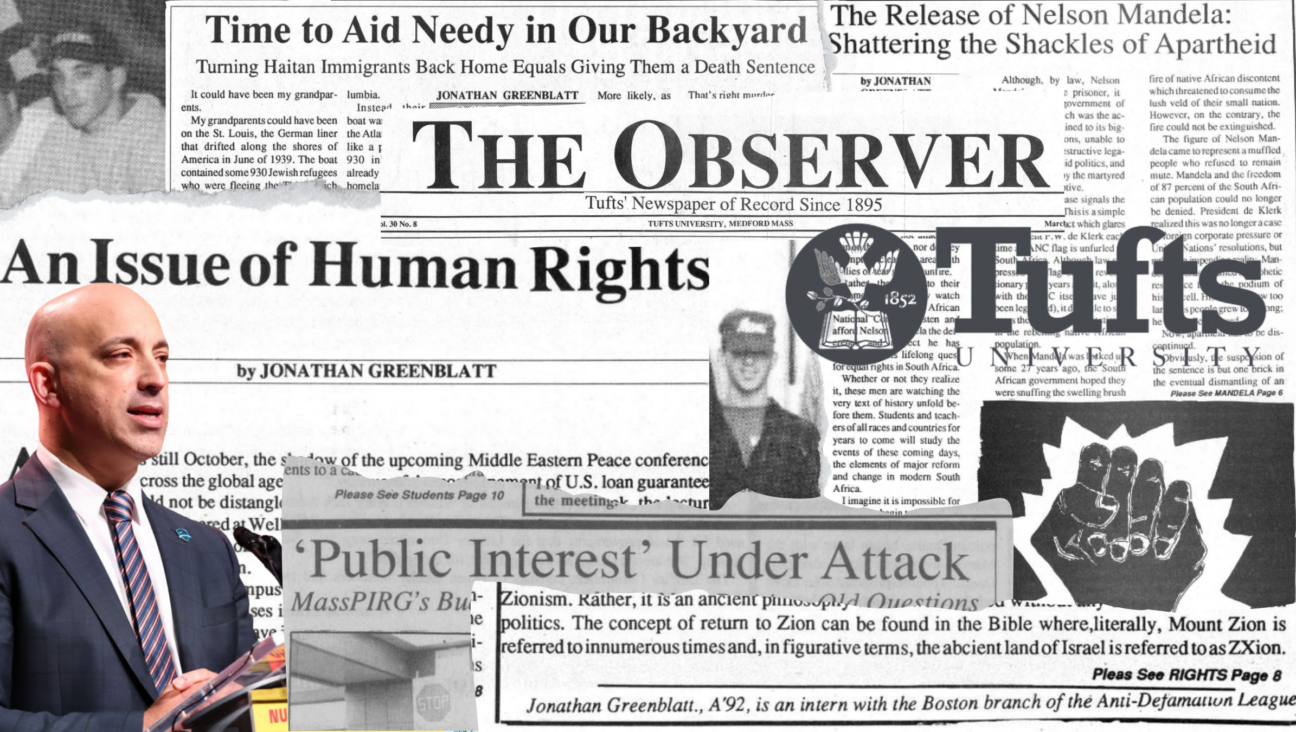Jewish fertility group is helping Alabama clients undergo IVF elsewhere after state’s explosive ‘fetal personhood’ ruling

Photo by iStock
(JTA) — A Jewish organization that helps families have children says its clients now face a “worst-case scenario” after the Alabama Supreme Court classified frozen embryos as unborn children.
The Jewish Fertility Foundation is funding out-of-state treatments for some Alabama clients after the ruling last month largely halted in-vitro fertilization, or IVF, treatments in the state, as clinics could face prosecution should embryos be destroyed or otherwise become unviable over the course of the procedure.
The ruling is a result of the U.S. Supreme Court’s 2022 Dobbs v. Jackson decision, which removed federal abortion protections and allowed states to define when life legally begins. The Alabama ruling has caused national controversy, as well as criticism from advocates of abortion rights.
Women and couples who face difficulty conceiving often turn to IVF, which creates embryos outside the womb and allows them to be screened for genetic diseases before they are transferred to the uterus. That has made the process an attractive option for Jewish couples who have a higher propensity to carry genetic diseases or genes that increase the risk of cancer, in addition to Jewish couples with other fertility challenges.
Now, the Jewish Fertility Foundation, which provides infertility education, grants, and emotional support to families dealing with infertility, says some of its Alabama clients are facing wrenching dilemmas. The foundation has about 50 clients in Birmingham in any given year, and they now must overcome additional hurdles to have children, such as traveling out of state for their treatments, which adds extra expenses.
“This was kind of the worst-case scenario post-Dobbs. And the truth is, is that we didn’t see it coming as quickly as it did,” Elana Frank, CEO and founder of the foundation, told the Jewish Telegraphic Agency. In 2022, the group did say it feared that IVF treatments could be endangered by the Dobbs decision.
Frank told JTA after the February court ruling that she hoped to see Alabama’s legislature quickly address the issue in favor of her clients. The state now appears poised to enact legislation shielding patients and providers from prosecution — but there’s a risk that courts could strike the new law down, adding to a roller coaster ride for families that can interrupt the IVF process, which must be carried out according to a precise timeline.
Still, Frank said she was hopeful, noting, “There’s a potential that the clinics will reopen.”
In the meantime, the foundation is funding IVF treatment in Atlanta for at least one woman who had been receiving treatment at the University of Alabama, Birmingham and whose treatments are not covered out of state, said Sarah Shah, the foundation’s director of operations.
Some of that funding is coming from the National Council of Jewish Women, which recently provided a $15,000 emergency grant to support the financial needs of the Jewish Fertility Foundation’s Alabama clients.
That $15,000 is the first grant provided by NCJW from its post-Dobbs Jewish Fund for Abortion Access, which in the past year expanded its aims to include funds for IVF and birth control. It previously funded travel and abortion care for individuals.
“We saw the indication that IVF and birth control would be next,” NCJW president Sheila Katz told JTA. “And so part of the emergency plan, we said if and, sadly, when these things happened, we would have dollars stored to be able to make emergency grants to help families right away.”
Katz added, “We’re being inundated with questions from people who want to know what they can do to protect themselves, protect their embryos, protect their hopes of having a family.”
The Jewish Fertility Foundation, too, is fielding questions, and hosted an Instagram Live session on Feb. 21, soon after the ruling, to address them. For some attendees, the situation came with an echo of another crisis facing Jewish families right now.
One viewer said, “It feels like my embryos are being held hostage.”
This article originally appeared on JTA.org.

I hope you appreciated this article. Before you go, I’d like to ask you to please support the Forward’s award-winning journalism this Passover.
In this age of misinformation, our work is needed like never before. We report on the news that matters most to American Jews, driven by truth, not ideology.
At a time when newsrooms are closing or cutting back, the Forward has removed its paywall. That means for the first time in our 126-year history, Forward journalism is free to everyone, everywhere. With an ongoing war, rising antisemitism, and a flood of disinformation that may affect the upcoming election, we believe that free and open access to Jewish journalism is imperative.
Readers like you make it all possible. Right now, we’re in the middle of our Passover Pledge Drive and we still need 300 people to step up and make a gift to sustain our trustworthy, independent journalism.
Make a gift of any size and become a Forward member today. You’ll support our mission to tell the American Jewish story fully and fairly.
— Rachel Fishman Feddersen, Publisher and CEO
Join our mission to tell the Jewish story fully and fairly.
Only 300 more gifts needed by April 30























